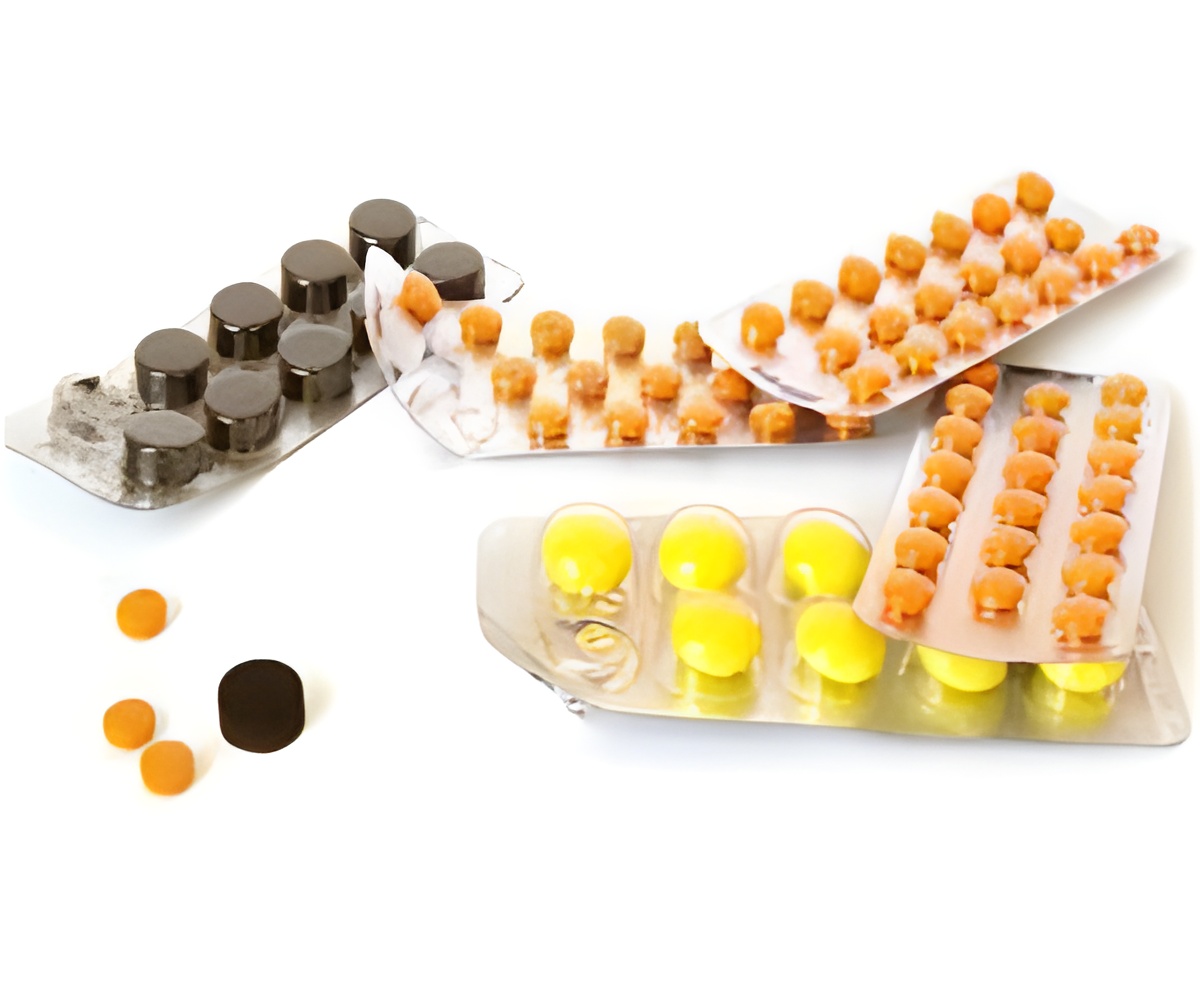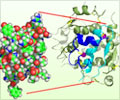
The patients were categorized based on four categories of commonly used DMARD regimens: non-biologic DMARDs, TNF inhibitors, methotrexate and hydroxychloroquine. The researchers found 267 newly diagnosed cases of diabetes: 55 cases among 3,993 patients treated with non-biologic DMARDs; 80 cases among 4,623 patients treated with TNF inhibitors; 82 cases among 8,195 patients treated with methotrexate; and 50 cases among 5,682 patients treated with hydroxychloroquine. Researchers report that the rate of newly diagnosed diabetes was highest in individuals who were treated with nonbiologic DMARDs and lowest for TNF inhibitor users.
Additionally, when adjusting for other risk factors for diabetes, researchers found a reduced relative risk of diabetes in patients treated with TNF inhibitors and hydroxychloroquine compared with other non-biologic DMARDs."Our study shows an association between these two DMARDS (TNF inhibitors and hydroxychloroquine) and reduced diabetes risk, but we cannot be sure that the association is causal � that the medications are the cause of the reduced risk. Currently we are working on an NIH sponsored randomized clinical trial using hydroxychloroquine in RA patients to assess for its effects on glucose and insulin. If this and other randomized clinical trials show the same relationships, then physicians may want to consider assessing their patients not only for the management of their RA or psoriasis, but also for insulin resistance," Solomon said.
Source-Eurekalert














